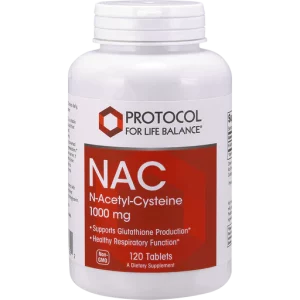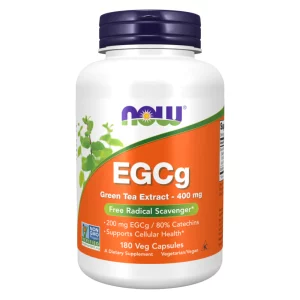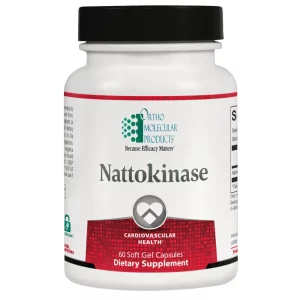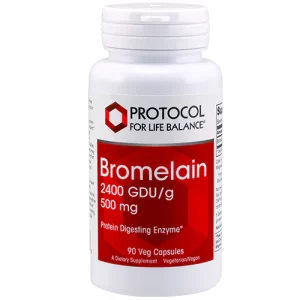Women's Health Hormone Testing: Your Questions Answered
Let's Simplify Hormone Testing
Looking for a women's hormone test? This post will answer your hormone testing questions: when to get tested, why to get tested, and how to do it!
By Chelsey Richardson, DNP, ARNP, FNP
As a nurse practitioner who's navigated the complex world of hormones, I've seen firsthand the pivotal role they play in our well-being. Hormones are like the body's secret messages, coordinating everything from our mood to our metabolism. But when these messages get mixed up, it can feel like our own bodies are speaking a foreign language.
Rewind to the early 1900s: hormones were a mystery, especially for women's health. It wasn't until the 1950s that scientists cracked how hormones govern the menstrual cycle, leading to treatments for cramps and irregular periods. This breakthrough changed how we approach women's health, showing just how crucial understanding hormones is.
Fast forward to today, and we've got advanced tests that can tell us exactly which hormones are out of balance and by how much. It's like having a detailed map of what's happening inside your body, allowing us to find the best path to feeling good again. This progress in hormone health and testing is a testament to how much we value understanding and improving women's health.
Women's Mini-Course

Keys to
Hormonal Harmony
Why Get Women's Hormone Health Tests?
Think of women's hormone health tests as your personal health detectives. They zoom in on your hormone levels to spot any troublemakers messing with how you feel—from zapping your energy to playing with your moods.
Spotting these imbalances lets us tackle the real issues, guiding you back to feeling more like your awesome self!
Unlock Your Hormonal Balance! 👉 Get Your Labs Done Today
What Are The Symptoms of Hormone Imbalance?
A lot of our health problems come from our hormones not playing nice. Feeling off? It might be time to check if your hormones are in balance. Some clues that you could use a women's hormone health test include running into health issues like:
- Sex drive changes
- Stubborn weight gain
- Hair loss or breakouts
- Mood swings
- Vaginal dryness
- Low energy
- Heavy or irregular periods
- Difficulty sleeping
- Breast tenderness
Are your hormones in balance? 👉 Take our quiz!

Are There More Serious Types of Hormone Disorders?
The above issues are bad enough, but they could be part of a bigger story. Here are some of the disorders and syndromes that hormone testing for women's health aims to solve:
- Polycystic Ovary Syndrome (PCOS): Imagine your menstrual cycle and hormones playing a confusing game of tag. That's PCOS. It can mess with your periods, cause weight gain, and even make getting pregnant harder.
- Endometriosis: It's like the tissue that should line your uterus decides to go exploring where it shouldn't. It can be really painful and mess with your fertility.
- Thyroid Disorders: Your thyroid gland is like a thermostat for your body's energy. If it's off, you might feel wiped out, or, on the flip side, like you're running too hot. This can throw a wrench into your body's hormone harmony, affecting everything from your weight to your chance of having a baby.
- Menopause Symptoms: Menopause is a milestone, but it can come with a mixed bag of symptoms like hot flashes and mood swings, not to mention it nudges up the risk for weaker bones and heart issues.
- Osteoporosis: When estrogen takes a dip, especially during menopause, your bones might get the short end of the stick, becoming fragile and more likely to break.
Hormone testing is often part of the diagnosis process for the above conditions. If you believe you suffer from any of the symptoms we listed here today, you cannot be too proactive! Hormone testing is accessible and relatively affordable.
Ready to take control of your hormone health?
Through functional medicine & health consultation, I'll help you boost energy, balance your hormones, and ensure you radiate wellness inside and out.
What Are The Key Hormones in Women's Health?
In the world of women's health, hormones are like the superstars running the show behind the scenes. Let's introduce you to the main players and why they're so important:
Estrogen: Think of estrogen as the queen of sex hormones. It's all about keeping your reproductive system in tip-top shape, influencing everything from your menstrual cycle to the glow of your skin to your mood. But it's a bit of a Goldilocks hormone—not too much, not too little, just right!
Progesterone: If estrogen is yin, then progesterone would be yang. Progesterone plays a special role in preparing the body for and maintaining pregnancy, balances the effects of estrogen, and is known as the “calming” hormone. Without enough progesterone, periods can be heavy and unpredictable, the possibility of pregnancy dwindles, and PMS and anxiety can be off the charts!
Testosterone: This hormone is not just for men, it’s actually the most abundant sex hormone in a woman’s body! Testosterone is not only important for libido but also helps maintain muscle mass, motivation, and bone health. Too much can cause annoying problems such as acne, frontal hair loss, or irregular periods, but too little can leave you feeling like you have no mojo!
Luteinizing Hormone (LH) and Follicle Stimulating Hormone (FSH): These two are like the dynamic duo of your reproductive system. LH is the hormone that gives the green light for ovulation each month, while FSH gets the follicles in your ovaries ready to release an egg. Together, they make sure your menstrual cycle runs like clockwork.
Thyroid Hormones: Ever think of your body as a big energy factory? Well, thyroid hormones are the managers making sure everything's running smoothly. They regulate how fast your body uses energy, keeping your metabolism on track. But if they're out of whack, it can throw a wrench into everything from your weight to skin texture to how energetic you feel.
Cortisol: Also known as your “Stress” hormone, plays a crucial role in helping you feel energized all while taming inflammation. But when we get too much of a good thing problems like insomnia, mid-section weight gain, blood-sugar imbalances, immune dysfunction, AND other hormonal imbalances ensue. When it comes to our hormonal hierarchy, cortisol is at the top and it can mess with ALL of your other hormones, making it one you don’t want to neglect!
Understanding these hormones and how they work together gives us the blueprint to address issues like irregular periods, mood swings, or even trouble with getting pregnant. So, knowing your hormone levels isn't just sciencey stuff—it's about getting to the heart of your health.
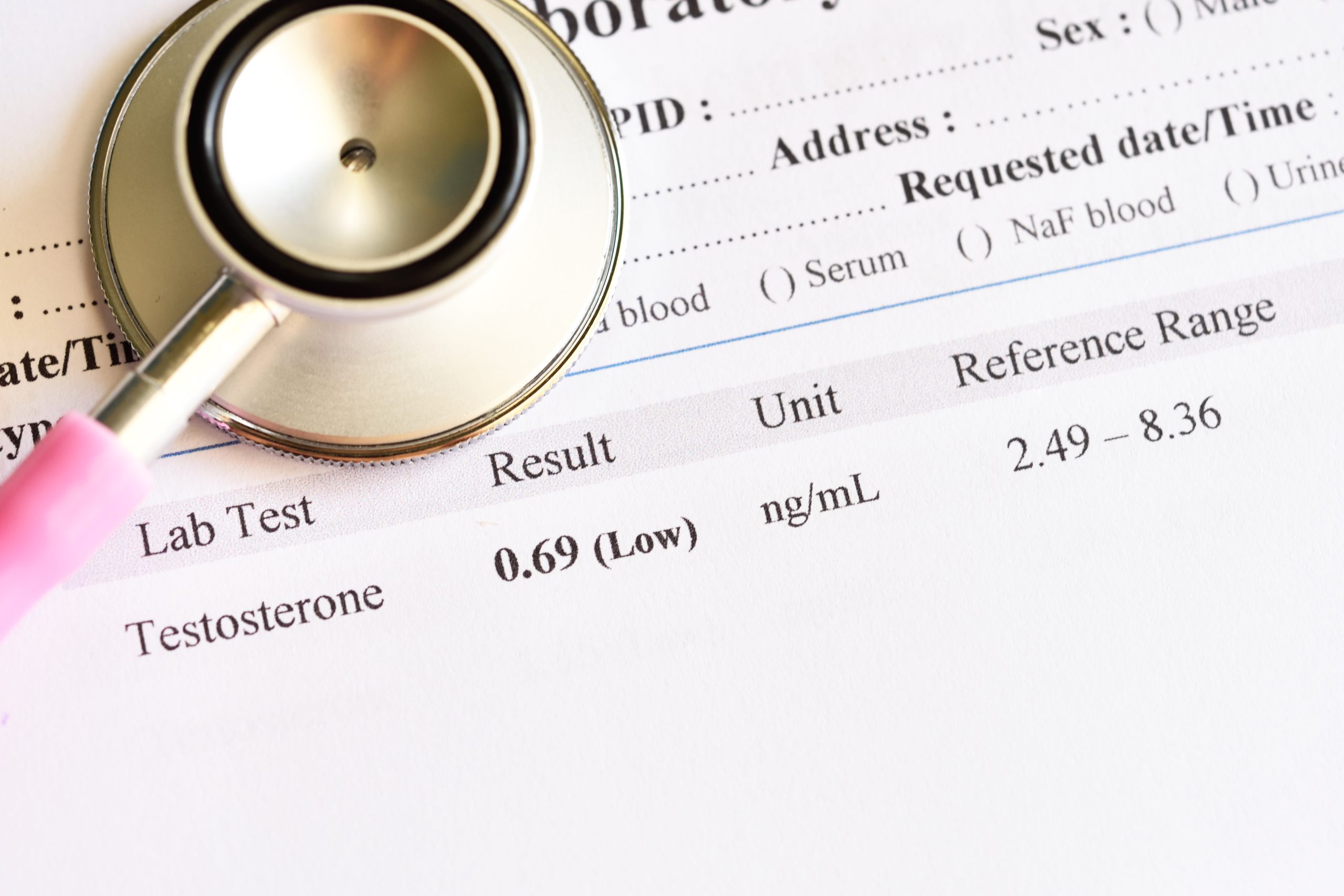
What Are The Most Common Hormone Testing Methods?
When it comes to figuring out what's up with your hormones, we have several options to choose from depending on the situation and the information we want to obtain. Let's talk about the different types of hormone testing, blood, saliva and urine testing — each has its own perks:
1. Blood Testing
Pros: This is considered the standard and is a great starting place. We can capture important markers such as thyroid, testosterone, estrogen, progesterone, LH and FSH, prolactin, fasting insulin, and sex hormone binding globulin (SHBG).
Cons: The particular downside with this method is that hormones are released in a pulsatile fashion in the body, so we may not know if we have captured the peak or the valley, and it just gives us one snapshot in time. Additionally, when monitoring hormone replacement therapy, it may underestimate topical creams.
2. Saliva Testing
Pros: This method is very convenient, less invasive and is considered one of the best ways to measure cortisol levels over several points in a day. It can also be a nice way to collect estrogen and progesterone levels over the course of the month when we are trying to capture different points during a women's menstrual cycle.
Cons: Saliva has many restrictions when it comes to the preparation and the timing of testing, which can make it more difficult to capture true values when using this method to monitor hormone replacement therapy (HRT). Salivary sex hormone testing is often just collected at a single point in the day, so again, we may be unsure if you are in the peak or the valley.
3. Comprehensive Urine Testing
Pros: This offers the distinct advantage of capturing hormone metabolites (how hormones are detoxified), which, provides key actionable insights to correct many hormonally driven conditions and even reduce breast cancer risk.
With several collection points, it can better capture the overall average of hormone levels in a day. Additionally, dried urine tests like the Dutch Complete provide a whole suite of information including adrenal markers, nutritional markers, and more making this test valuable for many hormonal issues, including for monitoring HRT.
Cons: Sometimes we need still need a testosterone blood level for comparison if your values show up very low on this test. Additionally, it will come with an out-of-pocket cost.
In summary, not all tests are created equal. Some details might be clearer in blood tests, while saliva tests can conveniently offer insights into the day-to-day changes and urine tests can show important nuances that might not be found elsewhere. Sometimes you may need more than one type of testing to get the answers you need.
Interpreting Test Results
Highs and lows—they provide clues pointing us towards what might be out of balance. For instance, high levels of testosterone might hint at conditions like PCOS, while low levels of estrogen could signal menopause or prolonged adrenal issues.
The key is working with someone trained in hormones who understands how to fit the pieces of the puzzle together and can help you navigate a path toward feeling your best.

What Are The Benefits of Regular Hormone Testing for Women?
Of course, preventing syndromes like PCOS or managing thyroid disease is huge. But there's more to regular hormone testing than dodging these health hurdles. It's also a powerful tool for personalized health care.
Think of regular testing as your health's personal roadmap. It doesn't just flag potential issues like hormone imbalances or the early signs of conditions. It's your guide to understanding your body's unique rhythm and needs. By tracking your hormone levels over time, we can tailor your health strategies directly to you, making sure your wellness plan is as unique as your fingerprint.
So, yes, sidestepping problems like PCOS, or Fibrocystic breasts or Adrenal dysfunction is a major plus. But embracing hormone testing as part of your regular health check-ups? That's how you take the driver's seat in your health journey, navigating with precision and care tailored just for you.
When Should You Test for Women's Hormone Imbalance?
Generally, it's wise to consider testing anytime you feel you are experiencing symptoms that just don't add up: think persistent fatigue, unexplained mood swings, or irregular periods.
I also think women over 30 should consider hormone testing on a yearly basis due to the impact our modern lifestyles take on our already gradually declining hormones.
Depending on your specific concerns—like fertility issues or transitioning into menopause—timing tests around your menstrual cycle or at specific points in your symptoms' pattern can offer clearer insights:
- In general, a great time to test hormones is often during the second half of your menstrual cycle, 6-9 days before your period is due, to evaluate the relationship of estrogen to progesterone.
- If you are trying to conceive, we may want to look at hormones in the blood at the beginning of the cycle around day 3, and again around day 21.
- For women with irregular cycles (women with IUD's, partial hysterectomy or ablation and still have ovaries, perimenopausal women skipping periods), you may want to get ovulation predictor kits (OPKs) and urinate on one strip every morning until it turns positive, then complete hormone testing 5-7 days after that. Or you can ask about a test that collects several samples in a month.
- For women who are in menopause (have gone one full calendar year without a period) or are in late perimenopause and have skipped periods for 3 or more months, testing can be collected any day.
Even though testing adds wonderful value, your symptoms are still some of the most important data we have!
What About the Cost and Insurance Coverage for Hormone Health Tests?
Let's talk numbers. The cost of hormone testing can vary widely, depending on the type of test and where it's done. Testing done through blood work can often get some insurance coverage, however, other tests such as comprehensive urine panels or saliva tests, or tests done out of sheer curiosity, might not be.
I've put together a list of lab tests ranging from $55 to $300+. Relative to the power of the data these tests provide, I think they are worth every penny!
👉Check out my Favorite at Home Labs for Women's Hormones
Wrapping Up
FAQs like these are just the starting point. The more you understand about hormones, the more empowered you will be to proactively manage and optimize your health.
And guess what? I'm here to guide you through every step of the way. Let's work together to understand what your body is saying and find the right solutions for you.
Continue Your Women's Health Journey
If you’re looking to understand your hormones and enhance your overall health, we have just the place for you: our Women's Health Hub. Discover simple ways to boost your energy, support your gut health, and improve your sleep.
Functional Medicine Specialist
Chelsey Richardson DNP, ARNP, FNP
Chelsey Richardson is a Board-Certified Family Nurse Practitioner, Doctor of Nursing Practice, Functional Medicine Specialist, and a hormone and gut health enthusiast. She is on a mission to empower women (and men) to understand their bodies better and aid them in restoring their vitality through a holistic, root-cause approach.






